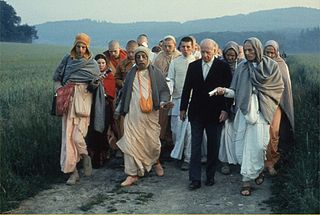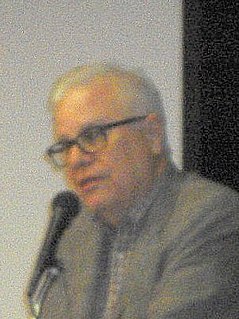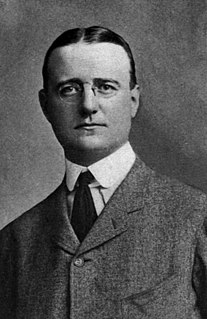A Quote by Jose Bergamin
A belief which leaves no place for doubt is not a belief; it is a superstition.
Related Quotes
Belief is in ignorance. If you know, you know. And it is good that if you don’t know, know that you don’t know — the belief can deceive you. The belief can create an atmosphere in your mind, where, without knowing, you start thinking that you know. Belief is not trust, and the more strongly you say that you believe totally, the more you are afraid of the doubt within you.
If you have a belief and you come against an experience which the belief says is not possible, or, the experience is such that you have to drop the belief, what are you going to choose — the belief or the experience? The tendency of the mind is to choose the belief, to forget about the experience. That’s how you have been missing many opportunities when God has knocked at your door.
Nothing seems to me to be rarer today then genuine hypocrisy. I greatly suspect that this plant finds the mild atmosphere of our culture unendurable. Hypocrisy has its place in the ages of strong belief: in which even when one is compelled to exhibit a different belief one does not abandon the belief one already has.
Until the content of a belief is made clear, the appeal to accept the belief on faith is beside the point, for one would not know what one has accepted. The request for the meaning of a religious belief is logically prior to the question of accepting that belief on faith or to the question of whether that belief constitutes knowledge.
During the last century, and part of the one before, it was widely held that there was an unreconcilable conflict between knowledge and belief. The opinion prevailed amoung advanced minds that it was time that belief should be replaced increasingly by knowledge; belief that did not itself rest on knowledge was superstition, and as such had to be opposed. According to this conception, the sole function of education was to open the way to thinking and knowing, and the school, as the outstanding organ for the people's education, must serve that end exclusively.




































